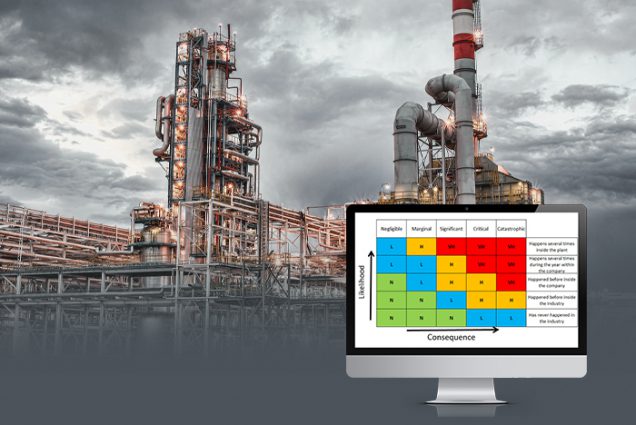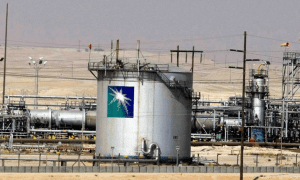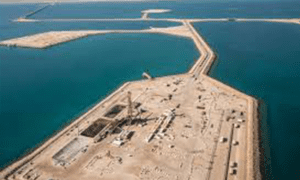Risk Based Inspection - (RBI) Service
Risk-based Inspection sets forth a comprehensive approach towards the maintenance of business processes used to analyze various equipment. It is a decision-making technique to optimize inspection plans. Led by industry experts, we employ a comprehensive and structured approach – in line with industry guidelines following API 580, 581 and API 571 – to analyze the potential risks of each asset by evaluating their current operating conditions in terms of the probability and the consequence of failure, providing our clients with a unique view of the condition of each asset.
Strategic Inspections, Operational Excellence, Maximizing Efficiency
Elevate your asset management with Velosi’s Risk-Based Inspection (RBI) service, which is set to precisely formulate accuracy and efficiency. Our proactive approach empowers organizations to strategically prioritize inspections, focusing on potential failure risks. This risk-centric approach allows for the creation of inspection plans that optimize resource allocation.


RBI Benefits
Identify the high-risk values
Understand the risk drivers and develop mitigation plans.
Generate focused inspection plans which enhance safety and reduces risk.
Assist to improve asset reliability.
Increase confidence in equipment integrity and reliability
Maximizes resource utilization.
Enhance operating efficiency.
Develop a cost-efficient approach.
RBI Deliverables
Corrosion Loop Drawings
Inspection Isometric Drawings for Equipment and Piping
Inventory Group Drawings
Integrity Operating Window
Corrosion and Inspection Strategy Document
Asset Passports
Risk-based Inspection (RBI) Findings
RBI Software
Prioritize, Redefine Asset Integrity with our extensive VAIL- PLANT Modules
Velosi, known for its proficiency in executing various Risk-Based Inspection (RBI) plans has further developed custom-made RBI software modules. These include:
- PEMS (Pressurized Equipment Management System): A comprehensive solution for managing pressurized equipment.
- PIMS (Pipelines Integrity Management System): A robust system designed for both onshore and offshore pipeline integrity management.
- PSVMS (Pressure Safety Valve Management System): A constructive system for managing the integrity of pressure safety valves.
Each of these software modules are developed in compliance to the API (American Petroleum Institute) API-5801/581 Semi Quantitative approach, demonstrating Velosi’s commitment to industry standards and best practices. These custom-made modules highlight Velosi’s expertise and innovation in the field of RBI.











